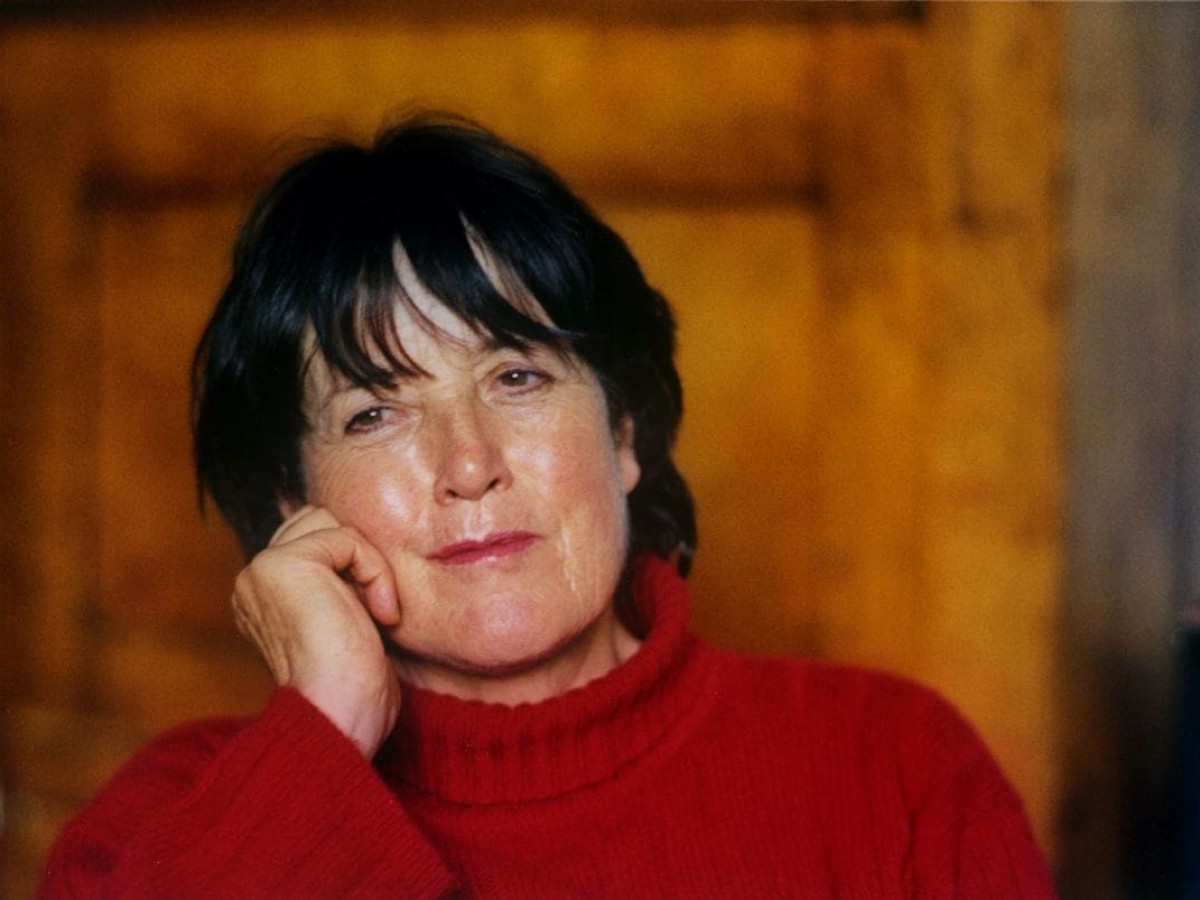Is this Fate?
Helga Reidemeister – In Person
October 5 to 12, 2016
Now in its fifth decade, the documentary oeuvre of German filmmaker Helga Reidemeister (*1940) negotiates the intertwinement of what is commonly referred to (and set apart) as the personal and the political. After studying painting and starting out as a social worker in Berlin's Märkisches Viertel, Reidemeister was already 33 when she began her studies at the dffb. She graduated with her film Is this Fate? (1979). At its core, this film already contains every component of her documentary voice: bringing the individual human being into focus without losing sight of the surrounding political structure; at the same time telling a story together with rather than about people. Reidemeister often seems like an ally of her protagonists, causing paradigms of objectivity and documentary ethics to fall short in her case: she intervenes from behind the camera, talks to the people, voices her opinion, expresses alternative views, becomes a part of the world before the camera.
In its entirety, her work reads as a project of an alternative German historiography after the Second World War: it is not the "big" topics that come into play, but the marginalized discourses. Instead of a patriarchal view of the signs of the times, her perspective is that of a critically thinking woman surveying their side effects: family structures and living conditions of workers in the 1970s, images of women torn between commerce and rebellion in the '80s, the end of the Cold War from the viewpoint of retreating Soviet soldiers in the '90s; penal institutions and life in war-ridden Afghanistan in the new millennium.
Helga Reidemeister will be present as a guest at the Film Museum and hold a workshop on documentary filmmaking at the Friedl Kubelka School for Independent Film.
Now in its fifth decade, the documentary oeuvre of German filmmaker Helga Reidemeister (*1940) negotiates the intertwinement of what is commonly referred to (and set apart) as the personal and the political. After studying painting and starting out as a social worker in Berlin's Märkisches Viertel, Reidemeister was already 33 when she began her studies at the dffb. She graduated with her film Is this Fate? (1979). At its core, this film already contains every component of her documentary voice: bringing the individual human being into focus without losing sight of the surrounding political structure; at the same time telling a story together with rather than about people. Reidemeister often seems like an ally of her protagonists, causing paradigms of objectivity and documentary ethics to fall short in her case: she intervenes from behind the camera, talks to the people, voices her opinion, expresses alternative views, becomes a part of the world before the camera.
In its entirety, her work reads as a project of an alternative German historiography after the Second World War: it is not the "big" topics that come into play, but the marginalized discourses. Instead of a patriarchal view of the signs of the times, her perspective is that of a critically thinking woman surveying their side effects: family structures and living conditions of workers in the 1970s, images of women torn between commerce and rebellion in the '80s, the end of the Cold War from the viewpoint of retreating Soviet soldiers in the '90s; penal institutions and life in war-ridden Afghanistan in the new millennium.
Helga Reidemeister will be present as a guest at the Film Museum and hold a workshop on documentary filmmaking at the Friedl Kubelka School for Independent Film.
Related materials
Photos 2016 - Helga Reidemeister
